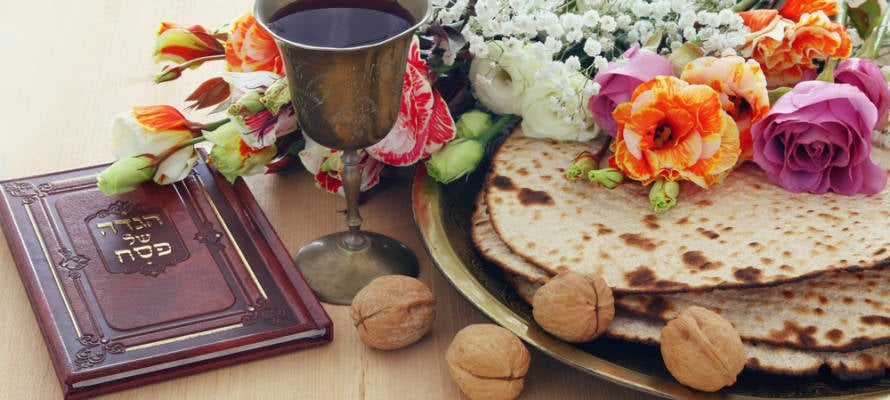The Passover experience, and by extension, the celebration of having become a free nation under God is not meant to conclude at the end of the Seder.
By: Rabbi Ari Enkin, Rabbinic Director, United with Israel
This week Jewish families around the world will gather together to celebrate and enjoy the Passover Seder. That first night of Passover is on the same Hebrew date that God took the Jewish people out of Egypt, and so we spend the evening reliving the Exodus to the best of our ability.
The word “seder” means order, and indeed, there are 15 rituals that must be performed in a specific order for the Seder to be valid. This includes eating bitter herbs to recall the bitterness of slavery, eating matza, which represents our freedom, and eating a large festive meal. It is explained that the 15 steps of the Seder are like the rungs of a ladder. As we perform each of these 15 mitzvot (commandments), we actually add another rung to our spiritual ladder. At the end of the seder, at the 15th “station,” everyone at the Seder table declares that he or she has completed the Seder and that we look forward to the final redemption.
And then we’re done! Or are we?
The Passover Seder is supposed to serve as a form of spiritual recharge and inspiration. The Passover experience and, by extension, the celebration of having become a free nation under God are not meant to conclude at the end of the Seder. Rather, the intention is to catapult us forward and keep us inspired for months to come! The end of the Passover Seder is actually just the start of a series of spiritually refreshing and inspiring events. For example, we must verbally count 50 days from the Passover Seder until the next holiday, Shavuot, when we celebrate the giving of the Torah. Indeed, one of the main purposes of the Exodus was ito receive the Torah at Mount Sinai.
Even when the Passover Seder ends, we must never cease climbing our personal spiritual ladders. We can never reach the top. We must always keep climbing, always trying to reach for greater spiritual heights in our connection to Judaism and our connection to God. Similarly, Rabbi Abraham Isaac Kook, the first Ashkenazi Chief Rabbi of pre-State Israel, used to teach that it is not necessarily the person who is on the higher rung on the spiritual ladder who is on a greater spiritual level. It may very well be the person on the lower rung who is actually on a greater spiritual level. As Rav Kook explained it: “It depends which direction the two people are moving in their spiritual development. Sometimes, unfortunately, people lose the inspiration and climb down. The one climbing up will always be on the higher level.”
The Passover Seder is intended to inspire us not just on that night, but to keep us going on a spiritual high into the months ahead. Make sure that you prepare for a truly enjoyable Seder experience so that you, too, will be deeply inspired!

